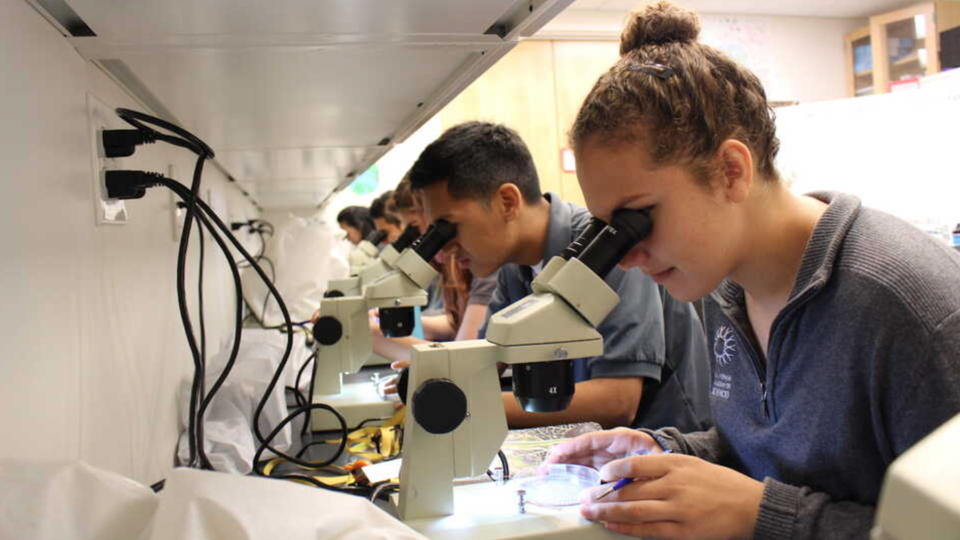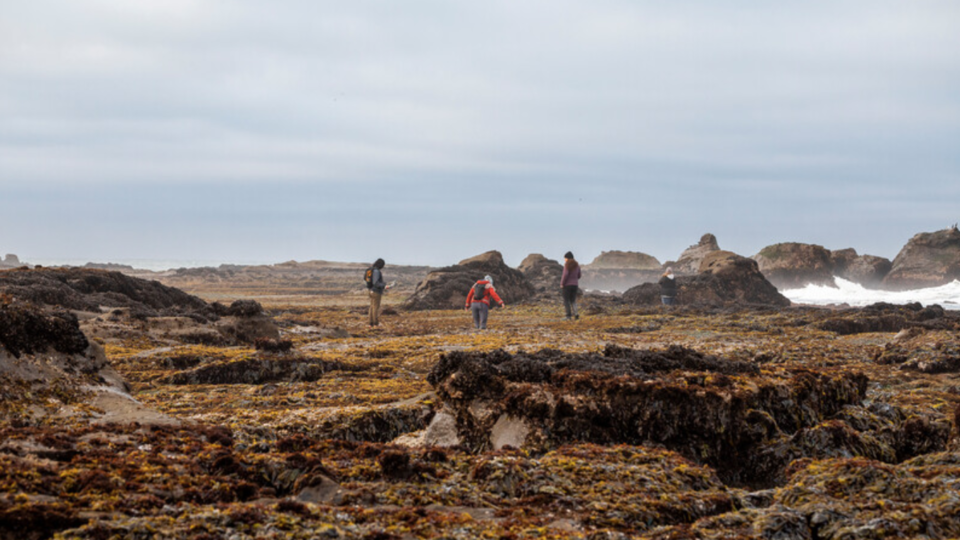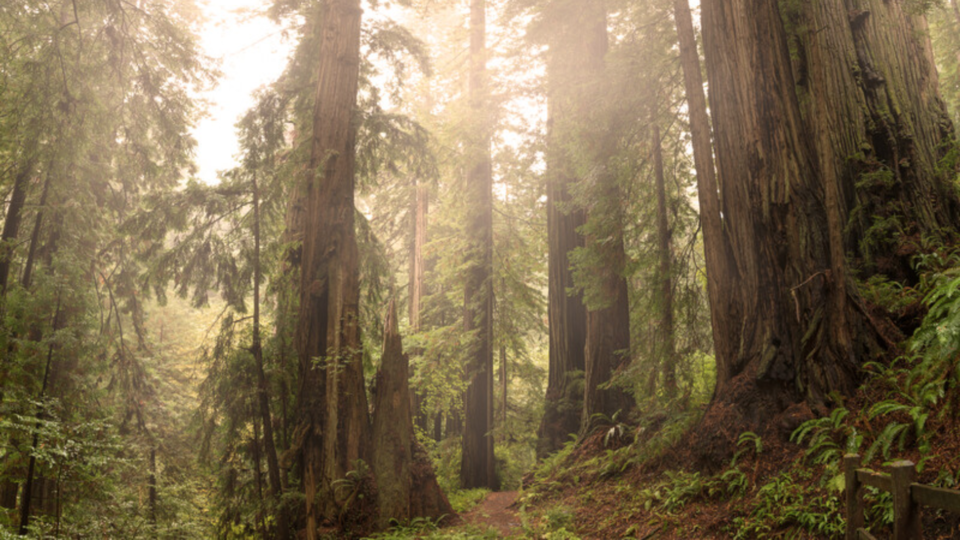State funding secured by Senator Scott Wiener will support the Thriving California Environmental Learning Plan
SAN FRANCISCO, CA (July 6, 2022)— The California Academy of Sciences in Golden Gate Park has been awarded $2.1 million in state budget funds to support its Thriving California Environmental Learning Plan. Thriving California is a major Academy initiative aimed at harnessing scientific data and engaging communities across the state to fight climate change, stop biodiversity loss, and advocate for nature in the Golden State. With the Environmental Learning Plan, the Academy will close the science learning gap by providing families, communities, and K-12 students and teachers across California the opportunity to understand, care about, and advocate on behalf of local nature.
“The Academy is an established science education leader in California– last year alone we provided free distance learning to nearly half a million Californian children, trained teachers in more than 30 counties, hosted 235 afterschool science and nature clubs across the state, and provided visitors with personalized learning experiences at our museum in San Francisco,” said Dr. Rebecca Johnson, Thriving California initiative co-director. “As our home state faces myriad environmental challenges, education and community engagement are critical components of a healthy future for California. This generous state funding provides essential support for education initiatives in our Thriving California program. Together, this suite of offerings will increase environmental and science literacy, engage young people with nature, and show them that they have the power to take action in conserving and regenerating the natural world.”
This funding is part of a larger, $19.8 million allocation obtained by Senator Scott Wiener to improve city resources for low-income communities and communities of color while supporting museums, the arts, and science education at six San Francisco institutions.
“Climate change is an existential threat to our planet, and we have to use every tool in our arsenal to mitigate it. That includes science education. The California Academy of Sciences’ Thriving California Environmental Learning Plan will not only help bridge the science learning gap in our state, but will also support California’s biodiversity and natural environment. I’m thrilled to have secured over $2 million for this amazing program,” said Senator Scott Wiener.
$2.1 million in state funding will support the Thriving California Environmental Learning Plan by:
Expanding statewide teacher and student engagement
- The Academy will provide professional development tools and trainings that will enable thousands of educators to more confidently engage students in science and nature-based learning.
- Building on the success of the Bayview Science Institute, the Academy will co-design professional learning plans with new partners within the state.
- The Academy will increase statewide equitable access to science education and engage students directly through programs like Science Action Club, the Academy's national afterschool outdoor science learning program, and the award-winning Distance Learning Program.
Building the next generation of environmental leaders
- By 2024, the Academy will launch a new teen program to advance youth leadership in environmental action, modeled after the long-standing, transformational Careers in Science Intern Program. Cohorts of youth will work alongside scientists and environmental mentors to restore and regenerate biodiversity where they live. Young people will strengthen their environmental literacy skills, contribute to biodiversity science research and conservation, and collaborate with community members to positively impact the planet.
Supporting families and communities in science learning
- The creation of a statewide network of Family Nature Clubs will encourage science and nature education and foster a sense of belonging with the natural world. Through guided nature exploration, community science tools like the Academy’s powerful biodiversity observation platform iNaturalist, and nature-based community service projects, the clubs will allow the state’s 13 million households to build nature connections together.
- With over a 100 years of experience recruiting and deploying hundreds of volunteers, plus an extensive network of volunteers within the Bay Area, the Academy is uniquely positioned to create a California Volunteer Network for Nature. The Academy will design a program that trains and mobilizes thousands of volunteers to assist with natural history collections digitization, community science outreach, and public programs at a state-spanning network of nature and science centers, public parks, and museums.
Fostering wonder and appreciation of California nature through museum programming
- The California Academy of Sciences will continue to engage more than 800,000 visitors annually at the museum, rainforest, Steinhart Aquarium, and Morrison Planetarium in Golden Gate Park. Expanded California-focused educational programs will be offered throughout the museum, with new public programming for visitors of all ages in hands-on exhibits including Wander Woods, Curiosity Grove, Giants of Land and Sea, and the Naturalist Center. Funding will also support the creation of a new planetarium film centered on the geological, biological, and human story of Northern California.
The California Academy of Sciences is a renowned scientific and educational institution with a mission to regenerate the natural world through science, learning, and collaboration. Based in San Francisco’s Golden Gate Park, it is home to a world-class aquarium, planetarium, and natural history museum, as well as innovative programs in biodiversity science, environmental learning, and collaborative engagement—all under one living roof. Museum hours are 9:30 am – 5:00 pm Monday – Saturday, and 11:00 am – 5:00 pm on Sunday. Admission includes all exhibits, programs, and shows. For daily ticket prices, please visit www.calacademy.org or call (415) 379-8000 for more information.
Press Contacts
If you are a journalist and would like to receive Academy press releases please contact press@calacademy.org.
Digital Assets
Hi-res and low-res image downloads are available for editorial use. Contact us at press@calacademy.org to request access.



